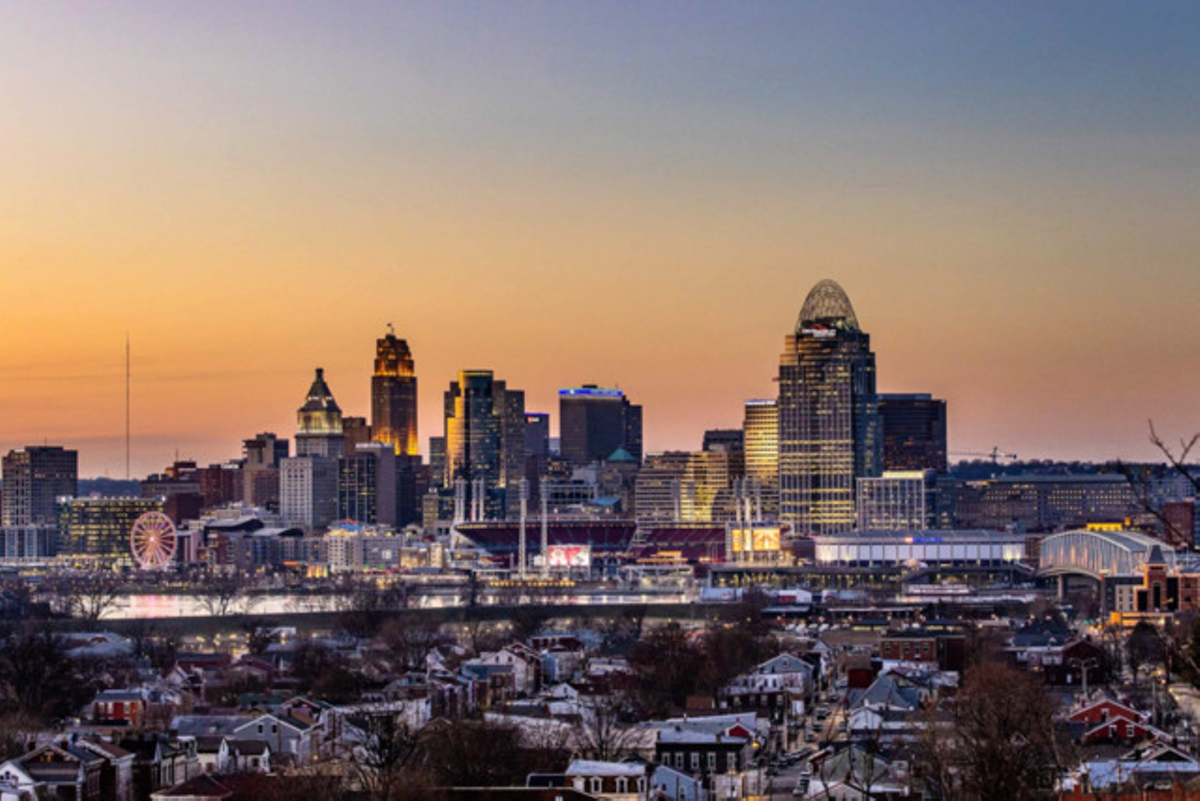Guest Comment: To keep housing affordable in Ohio, look beyond Airbnb | Reviews | Cincinnati
Last week, Representatives Sarah Fowler Arthur and Ron Ferguson along with 27 co-sponsors presented HB 563 – a bill to limit the ability of local governments to regulate the operation of short-term rental services like Airbnb.
Airbnb has become a convenient scapegoat for local decision-makers concerned about housing prices in their neighborhoods. Airbnb opponents say people who rent out their homes or properties using the app are taking up space that could be taken up by long-term accommodations, restricting housing supply and driving up prices .
These arguments are not completely wrong. A study of Airbnb’s impact on housing prices found that a 1% increase in Airbnb listings leads to a 0.018% increase in rents and a 0.026% increase in house prices. This means that if you pay $1,000 per month for your apartment, you will pay 18 cents more per month on your rent if the Airbnb listing rate increases by 1%. If the number of Airbnbs in the area doubled, you would have to pay an extra $18.
There are impacts, but they are minimal. But what are the costs of making it harder to use Airbnb in Ohio?
I have personally felt the impact of efforts to restrict Airbnb use here in Columbus. When I started my policy analysis practice in 2018, I was starting from scratch, having never run my own business before. Part of my strategy to make ends meet was to rent my apartment through Airbnb and move in with my parents or friends a few weekends a month. This ended up being a key part of what got my business off the ground.
In 2019, the city of Columbus began passing legislation to control Airbnb use, in part at the behest of local hotel companies who were being undermined by the affordability and convenience of short-term rentals relative to their old model. A policy put in place by Columbus was to prohibit tenants from using Airbnb without written permission from their landlords, presumably to protect the interests of landlords who wanted more control over tenants and their spaces.
It put me out of work as an Airbnb host in my home. I ended up buying a house, seeing that being able to rent out my own space with Airbnb would offset the higher cost of owning versus renting. But shortly after my purchase, the pandemic hit. I have yet to host through Airbnb at my new home.
Some things lined up to keep my head above water. The Paycheck Protection Program helped my small business survive the first scary months of COVID-19. Eventually business picked up for me and the need for Airbnb subsided. I was lucky.
There are certainly reasons to want to regulate Airbnb and other short-term rentals. HB 563 provides exceptions for local governments to continue to regulate short-term rentals for public health, safety and nuisance purposes. It makes sense for local governments to protect neighbors from Airbnb’s impact, especially in the presence of malicious actors, if they present direct harm.
But ultimately, Airbnb is a borderline case when it comes to housing affordability. Reform outdated zoning codes, property taxation and subsidy structures will do much more for affordability than restricting short-term rentals. But it’s always easier to mobilize against a scapegoat.
Rob Moore is the director of Scioto Analysis, a public policy analysis firm based in Columbus.
This review was originally posted by Ohio Capital Journal and is republished here with permission.
Stay connected with CityBeat. Subscribe to our newsletters and follow us on Facebook, instagram, Twitter, Google News, Apple News and Reddit.
Send CityBeat a news or tip or submit calendar event.


Comments are closed.